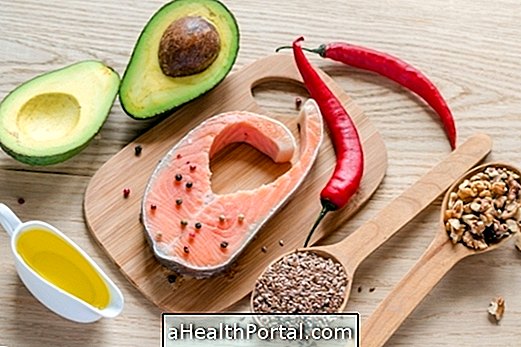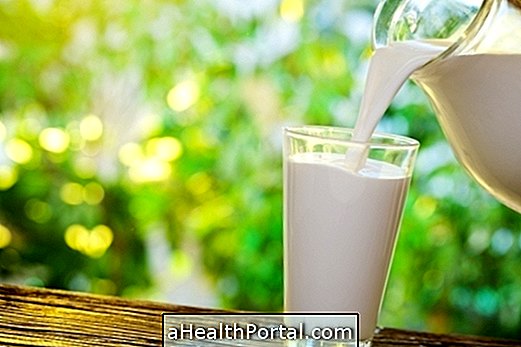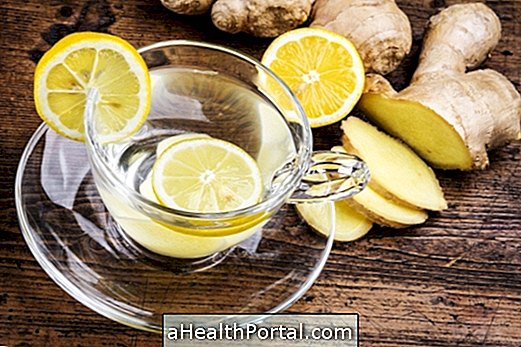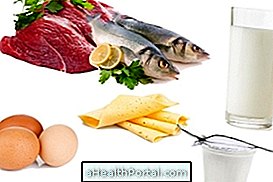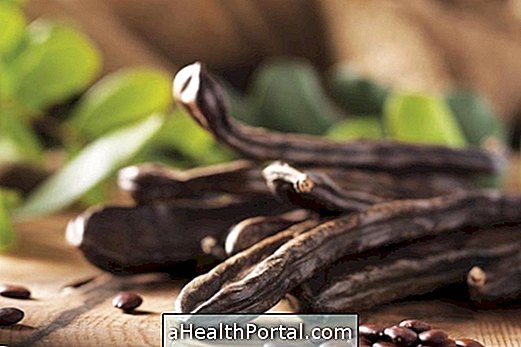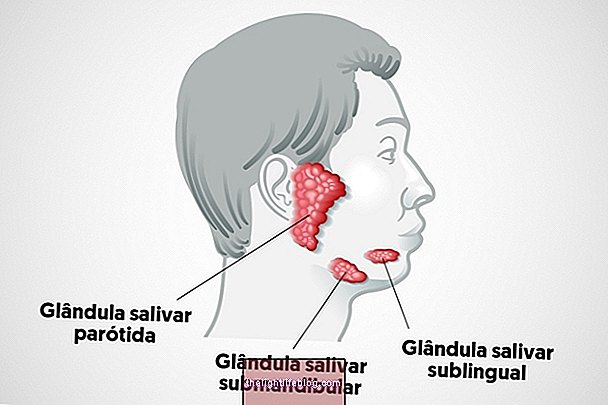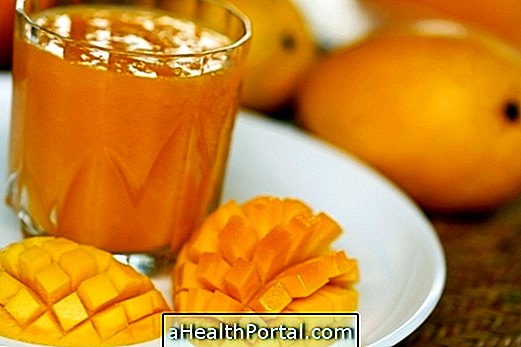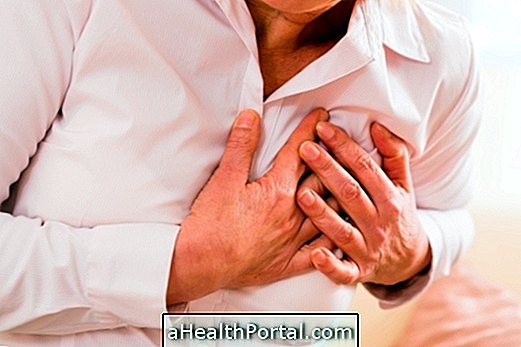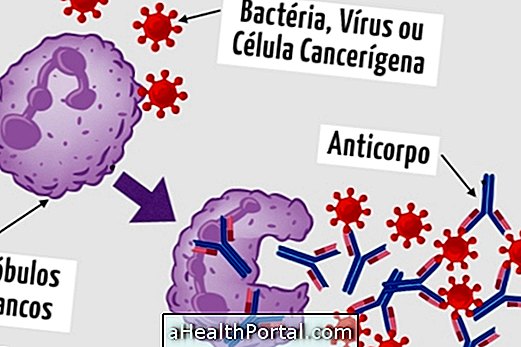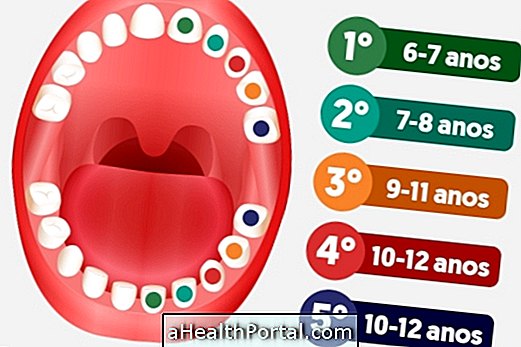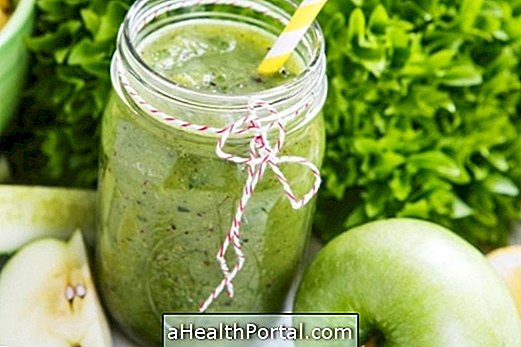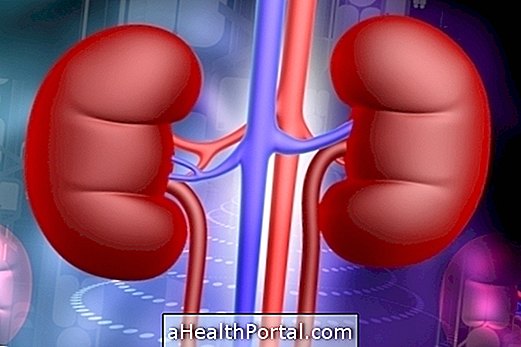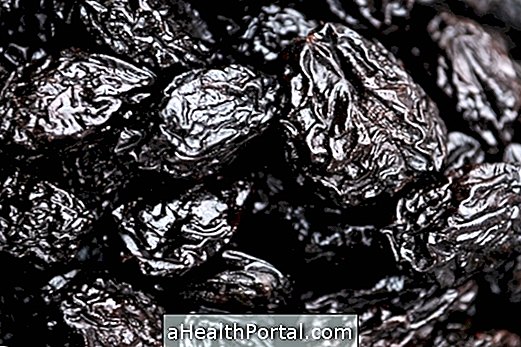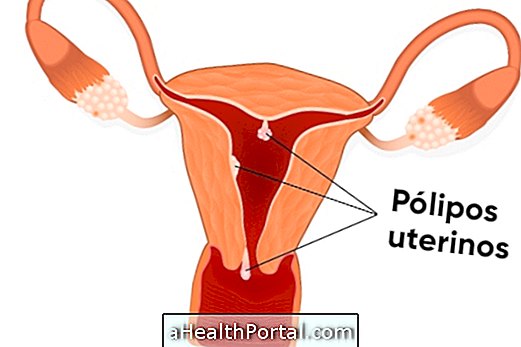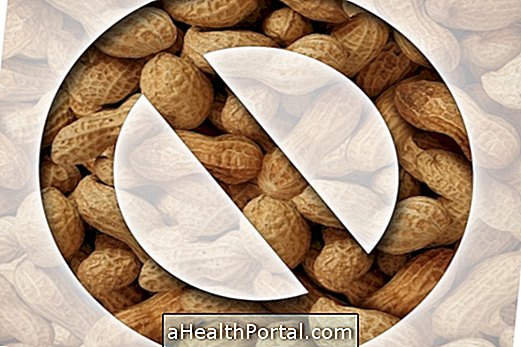The right answer is depends. It depends on the type of food, because if they are meats, fruits, vegetables and frozen vegetables, they will be good health, as well as fresh meats and vegetables.
This is because, in most cases, vegetables and fruits are frozen shortly after being harvested, maintaining their nutrients and health benefits. In fact, some fruit and vegetables such as strawberries, peas or beans lose vitamin C much faster when they are fresh than frozen.
However, if frozen food consists of ready-made meals such as lasagne, pizzas, and pasta, they will be bad for your health, but usually these are full of fat and salt that, even when prepared fresh, are not the best food option.
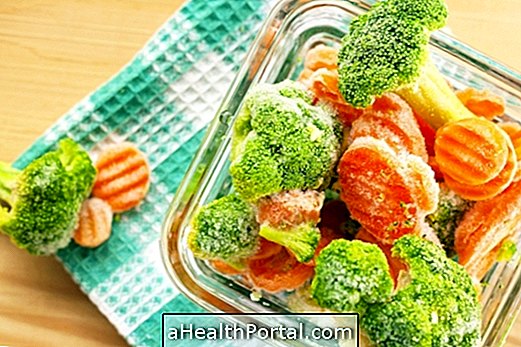
How to choose frozen food
The best tip when choosing a frozen food is to look at the label because if you have high amounts of fat or sodium, it is a type of food that should be avoided. In addition, other tips include:
- Avoid frozen foods with sauces or gravy ;
- Do not defrost the entire carton by removing only the required portion;
- Avoid buying frozen meals that, even if prepared fresh, are not healthy .
Even in the case of vegetables and fruits it is important to check the ingredients, as only the fruits and vegetables should be mentioned, any other ingredients may indicate that they have preservatives that can be harmful to health.
Benefits of frozen vegetables
In general, fruits and vegetables are harvested ripe and frozen soon afterwards, first passing through a whitening process, which is immersion in boiling water for a few seconds or minutes before being frozen.
This process helps maintain the color, taste, texture and nutrients of foods, which end up losing only a few nutrients when compared to fresh vegetables. In addition, the freezing makes the vegetables have a much longer shelf life than normal at home.
Risks of frozen ready meals
Most frozen ready meals are health hazards because the industry often uses low-quality meats and high-fat and high-salt ingredients to enhance the taste of frozen food and reduce production costs.
Thus, it is important to look for healthy frozen or refrigerated meals, preferring simple dishes such as rice, beans, chicken, fish and salad, avoiding preparations that require sauces, cheeses and cream that increase the amount of fat in the food.
In addition, the best way out is to dine and freeze in small portions at home, taking them to work or using them whenever needed. Here's how to freeze vegetables so you do not lose nutrients.
